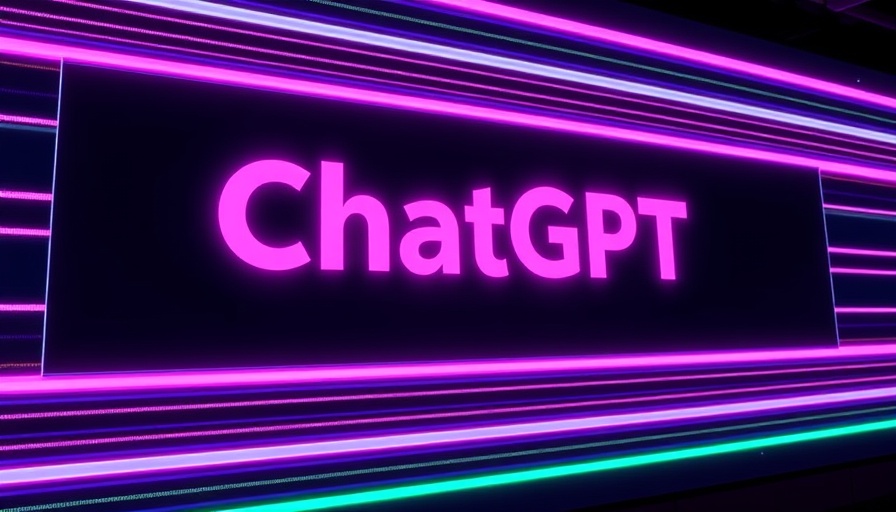
The Rise of ChatGPT: A Game Changer in AI Technology
Since its launch in November 2022, ChatGPT, developed by OpenAI, has quickly become a defining force in the technology landscape, captivating users with its AI-driven capabilities. Originally crafted to enhance productivity through efficient essay writing and code generation, ChatGPT has amassed an impressive user base of 300 million weekly active users, solidifying its position as a leader in the tech news arena.
Major Milestones in 2024: Partnerships and Innovations
The year 2024 was pivotal for OpenAI, marking significant advancements and partnerships. Notably, the collaboration with Apple led to the introduction of Apple Intelligence, further integrating generative AI into everyday applications. Furthermore, the unveiling of GPT-4o incorporated voice interactions, facilitating a more natural conversational experience.
OpenAI did not stop there; they expanded their offerings by launching Sora, their text-to-video model, demonstrating the company’s commitment to innovation and adapting to user needs. These advancements were crucial amidst internal shifts, including the departures of prominent executives like Ilya Sutskever and Mira Murati, spurring debates over OpenAI's future direction.
Challenges and Controversies: Moving Beyond Frontiers
Despite these strides, OpenAI faced its fair share of hurdles, including lawsuits from newspapers alleging copyright violations and challenges posed by Elon Musk to halt its transformation into a for-profit entity. Such controversies spotlight the fine balance between innovation and ethics that tech companies must maintain.
Competition and Strategic Moves in 2025
As we began 2025, OpenAI found itself navigating a competitive landscape dominated by emerging Chinese rivals like DeepSeek. To regain market momentum, OpenAI is pursuing partnerships with the U.S. government while also implementing a large-scale data center project aimed at boosting its operational capabilities and infrastructure.
Moreover, there are discussions surrounding a potential funding round that could stabilize OpenAI’s financial footing, enabling continued growth amidst intense competition.
Environmental Impact: Energy Consumption Transparency
A significant aspect of the ongoing discussion around AI technologies like ChatGPT is their environmental implications. Sam Altman, CEO of OpenAI, shared insights regarding energy consumption, revealing that each average ChatGPT query requires only 0.34 watt-hours of electricity and minimally affects natural resources—using about one-fifteenth of a teaspoon of water. This transparency not only underlines OpenAI’s commitment to sustainability but also educates users about the environmental footprint of AI.
Upcoming Features: What Lies Ahead for ChatGPT
In a bid to enhance user engagement, OpenAI has introduced o3-pro, an advanced version of their o3 reasoning model. Available to various user tiers, including ChatGPT and Team users, this model promises to optimize interactions and expand the range of functionalities within the platform. The rollout of these features reflects an ongoing commitment to improving user experience and ensuring that ChatGPT remains relevant in a rapidly evolving tech landscape.
Conclusion: Navigating the Future of ChatGPT
As ChatGPT continues to evolve, it stands at the forefront of AI technology, balancing innovation with ethical considerations. For users and industry observers alike, understanding the trajectory of ChatGPT is crucial for making informed decisions about adoption and usage. By keeping abreast of updates and embracing new features, users can unlock the full potential of this remarkable tool, shaping the future of AI.
 Add Row
Add Row  Add
Add 



Write A Comment